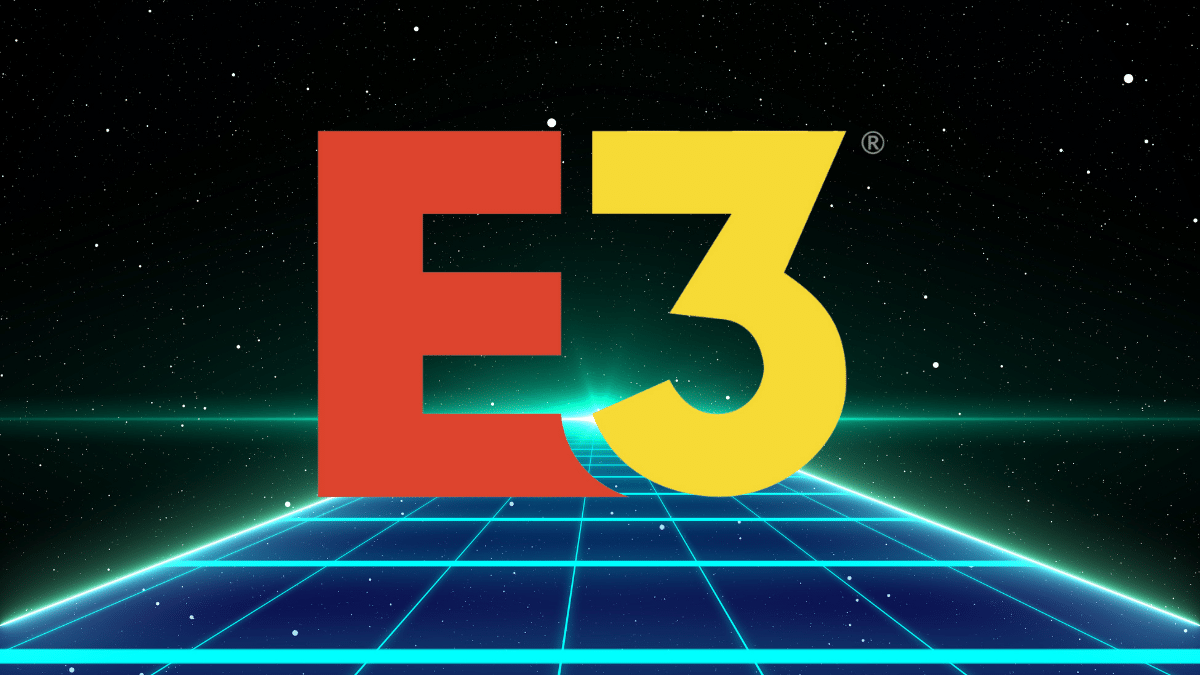Once upon a time in the gaming industry, E3 was considered the pinnacle event for the press to get hands-on with the latest and greatest games and tech that publishers and manufacturers have on offer.
In 2017, it pivoted from an industry-only event and swung its doors open to the public for the first time ever. An in-person event has not been held since 2019, with the 2020 event being canceled as a result of the COVID-19 pandemic. Ever since then, the event has struggled to get back on its feet.
E3 was meant to make its triumphant, “new and improved” return back this year, but as more and more staple publishers and developers continued to pull out of the event, it ended up being cancelled. Let’s dig into why exactly this all went down.
E3’s cancellation, explained

Image via Christian Petersen / Getty Images
We’ll start off with the ReedPop and ESA’s (the event organizers) perspective on why the event was canceled. Shortly following the announcement, the Global VP of Gaming at ReedPop, Kyle Marsden-Kish issued the following statement, via IGN:
“This was a difficult decision because of all the effort we and our partners put toward making this event happen, but we had to do what’s right for the industry and what’s right for E3. We appreciate and understand that interested companies wouldn’t have playable demos ready and that resourcing challenges made being at E3 this summer an obstacle they couldn’t overcome. For those who did commit to E3 2023, we’re sorry we can’t put on the showcase you deserve and that you’ve come to expect from ReedPop’s event experiences.”
After Sony broke the mold in 2017 with an expo solely for its own releases, many other AAA studios followed suit. Microsoft, Nintendo, and Sony all declined their invitations to the 2023 event, and with the biggest names in the industry effectively boycotting the event E3 had no choice but to call game over. The iconic convention kicked off fan fervor for more than 20 years as the only source of information for new and upcoming releases, but as of 12 December 2023, the Entertainment Software Association announced that E3 would be no more.
While the annual event may be missed, there is a plethora of avenues for players to find information on the web. Nintendo Direct, the Xbox Showcase, and the Sony State of Play are still going strong. For those more concerned about Indie titles, the Indie Games Expo is alive and well. Likewise, there are several alternative conventions that have sprung up in E3’s absence –or in some cases have been running just as long. The Summer Game Fest, Game Developers Conference (GDC), The Tokyo Game Show, and Gamescom have annual conventions that are bursting with all the gaming goodness players could ever need.

